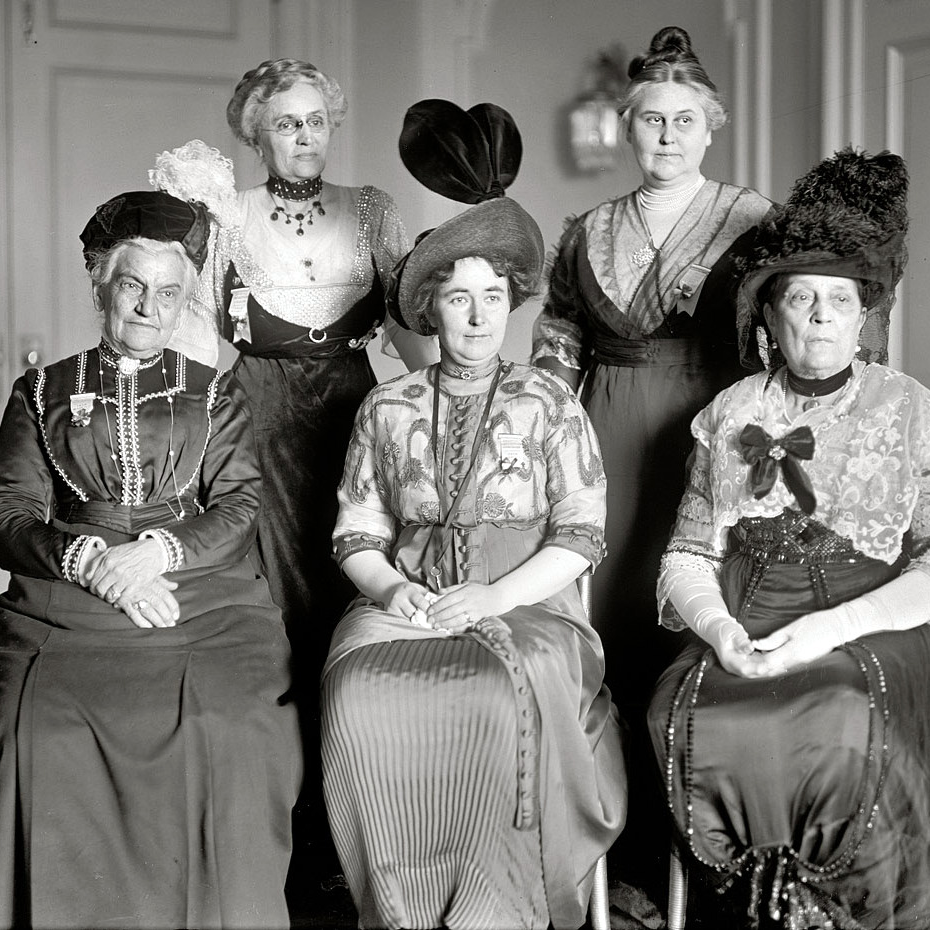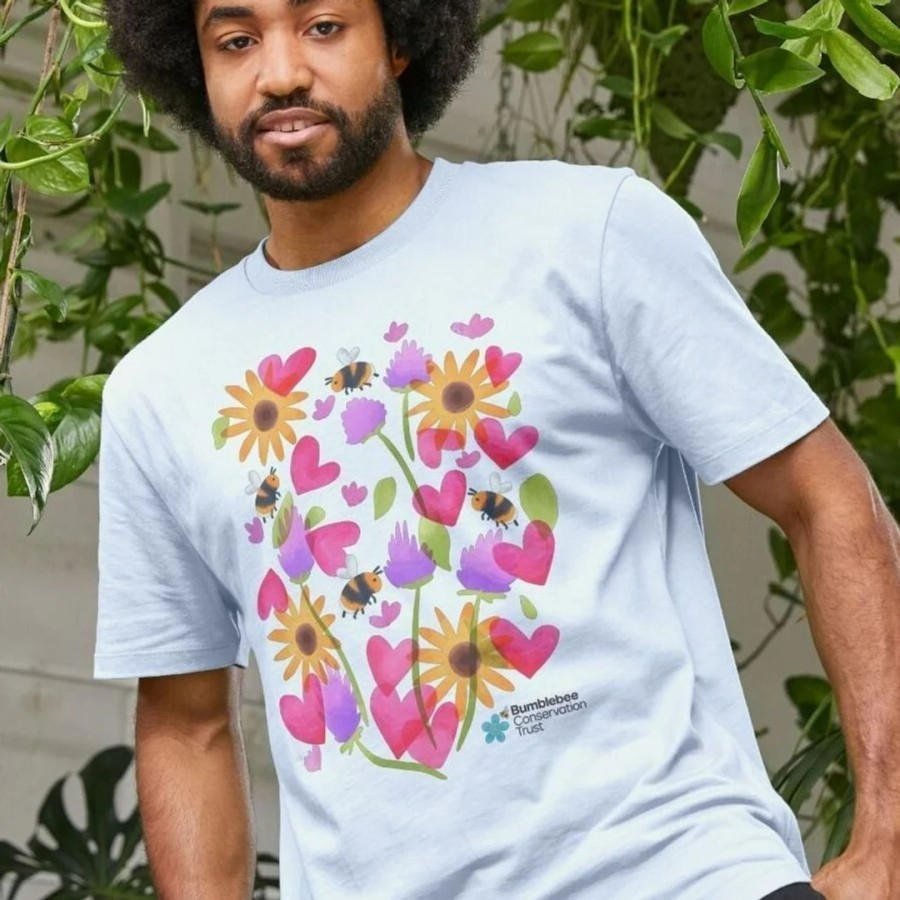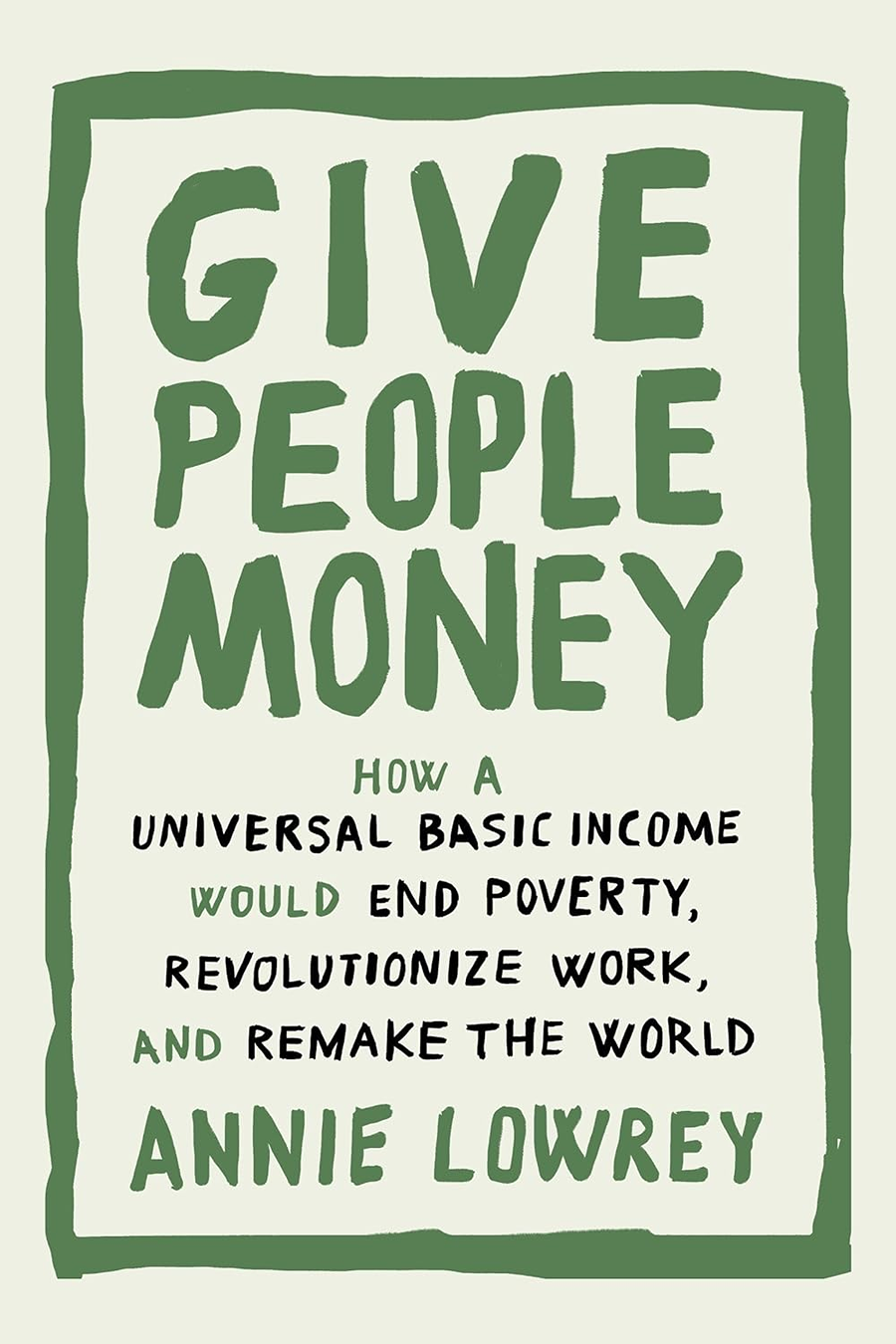
Parkinson’s disease is one of the few diseases in the western world that is not curable at present. Useful lifestyle changes to incorporate into daily life are organic food, gentle yoga or tai chi, meditation etc. So what is Parkinson’s? It’s a collection of symptoms caused when at least 60% of dopamine (a brain chemical) has disappeared, leading to various issues including:
- A ‘tremor’ (not in everyone)
- Risk of falling and a ‘shuffling’ walk
- Small & often illegible handwriting
- A lower soft voice (often not heard)
- A ‘mask’ like facial expression
- Drooling and difficulty eating
- Constipation
Although Parkinson’s is ‘not a disease that kills you’, it does have a high related death rate from complications like falling or cardio issues, due to the toll on the body from living with the disease. In fact, PD is the 14th leading cause of death in the US. Complications from side effects of medicines can also be a factor, so ask your GP for a medication review yearly, to ensure you are not ‘mixing your medicines’ unsafely (take unused medicines to the pharmacy for safe recycling).
simple tips to live better with Parkinson’s
It’s very important if you have Parkinson’s to take regular exercise. This helps to keep your stiff limbs flexible, betters balance and increases muscle tone, for less chance of injury if you fall (exercise also helps with depression). Exercises for Parkinson’s Disease is a book by a health professional. Another good idea is to take 10 minutes daily to do a YouTube exercise video with Joe Wicks. This cheeky chappy (who became popular during lockdown for his free videos) is more than a nice-looking boy with lots of curly long hair! He’s a highly-trained fitness coach who really knows his stuff, and offers lots of safe chair workouts that are fun and fast, and can help to keep you as fit as possible, after your diagnosis.
All experts agree that around 10 to 15% of cases are genetic, leaving a whopping 85% or so believed to be due to two other factors. One is head trauma (often from years before – think of all the hits to the head that boxer Mohammed Ali had). The other main cause is believed to be pesticides (usually from garden chemicals). One of concern is banned in the UK, yet is still exported to countries (like the US) that have not banned it. So it for sure helps to learn how to grow your own organic food (and eat it too).
People with Parkinson’s likely have one or more carers, either family members or professionals. See the help our carers for more information on ways to help, including ensuring you are getting all the benefits you are entitled to, for a better quality of life. Older people especially sometimes refuse benefits. But accepting what you’re able to claim means you can spend a little more on organic food and safe adaptions for the home (and also helps to relieve the pressure on carers).
simple inventions to help people with Parkinson’s
Pathfinder is a simple device invented by the daughter of a Parkinson’s patient. It attaches to a patient’s shoe to beam a laser, that helps to create a ‘visual obstacle’ to prevent falling. The founders say to wear hard flat shoes with little heels (not flops or indoor slippers with no heel cap). You can’t adjust the laser brighteness because there are regulations (so it may be hard to see in bright sunlight). But some users report it’s fine to use in outdoor environments.
SteadyScrib is a US invention created by a biomedical engineer. It’s a writing utensil that’s designed to transform your writing back to normal.
Gyenno Spoon is designed to keep hands stable while eating, a bit like ‘sticking your hand in thick syrup’. Invented by a medical student who watched a Parkinson’s patient take 30 minutes to fnish a bowl of soup, it is sold with its own cover. Find more sustainable crockery for carers.
U-Step is like a zimmer frame, but safer as it won’t roll away unless you squeeze the brake, you can adjust the wheel speed and it glides over uneven surfaces, so you don’t have to lift it up. The same company makes LaserCane that like the shoe-attachment above, projects a laser in your path to stop fallling. Both items are expensive (£1000 and £300) but grants may be available, and they are also available on loan to hospitals, so people can try them out. Remember that registered disabled people don’t pay VAT.
StairSteady is a good (expensive but more affordable) alternative to bulky stair lifts. Invented by a girl for her GCSEs, this reputable company uses engineers to fit quality handrails with sliding support that lock in place, to prevent falls down stairs. You can fold the handle away, when not in use and they have solutions for split stairs too. The site has full information.
switch donations to humane medical research

International Anti-Vivisection Congress, 1913
If you ask ‘the establishment’, they will all say the same thing: give lots of money to the major Parkinson’s research charity until a cure is found. Not so fast, tiger. There are huge issues with this. Firstly, medical research using animals is not just cruel and expensive, but massively outdated. There are vested interests in keeping the statius quo due to huge donations (20% of the main charity’s income is spent on animal research – mostly on mice but sometimes on marmoset monkeys) resulting in over £50 million in donations each year. Plus another half a millon or so in government grants.
Yet humane research charities (that use modern cheaper quicker models instead of live animals) do brilliant work and have boffins who are just as clever. Yet get a tiny percentage of charity donations and no government grants. So only donate to humane research charities, and it’s likely we’ll find cures for Parkinson’s and other serious diseases much sooner. One major 3-year study is presently happening at Birmingham University, with no animals being used at all. Let’s fund this instead!





